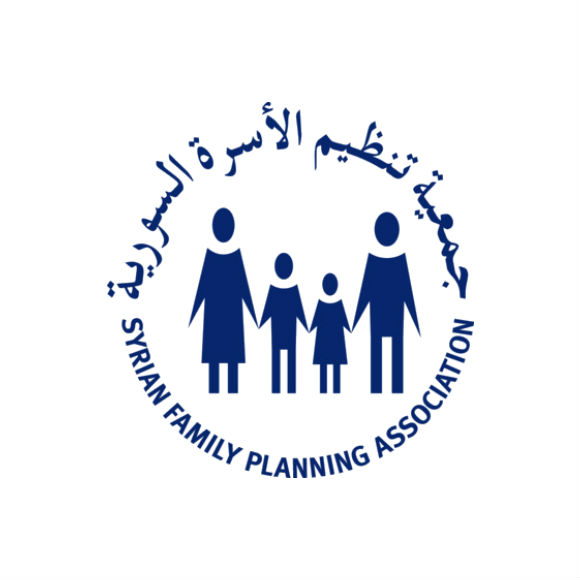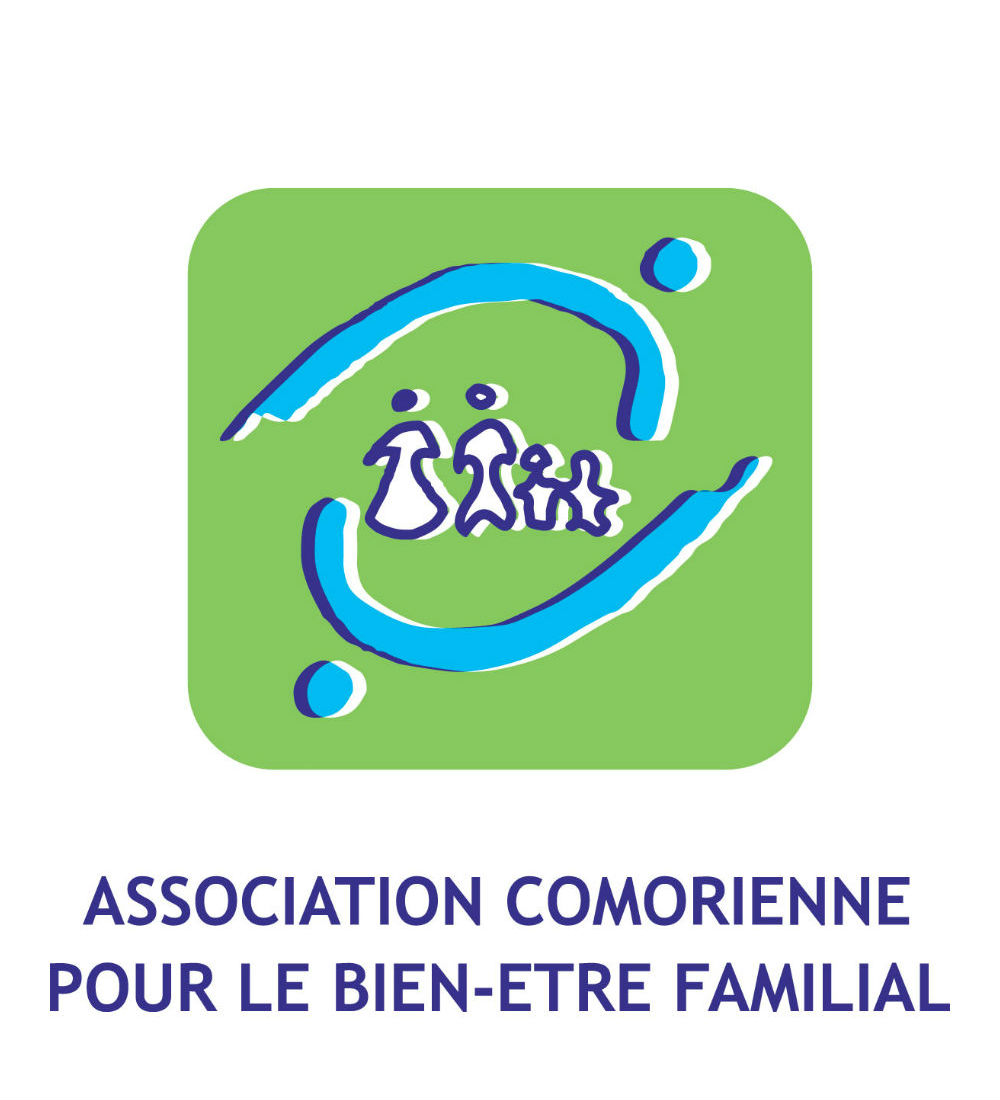

| 31 March 2016
Syrian Family Planning Association
The Syrian Family Planning Association was created at 1974. SFPA's strategic framework for the period 2016-2022 includes: Our vision: Syrian society enjoys sexual and reproductive health and rights based on free choices without any discrimination. Our mission: To lead a locally owned, globally connected civil society movement that provides and enables services and champions sexual and reproductive health and rights for all especially undeserved. Our values: Social inclusion, commitment, diversity, respect, passion, volunteerism, accountability. To achieve the mission and vision the Syrian Family Planning strategic framework have the number of 4 outcomes each one includes 2 priority objectives as following: Outcome 1: The government respects, protects and activates sexual and reproductive rights and equal gender opportunities. Gaining support of decision-makers, opinion leaders and parliamentarians obligation to carry out the necessary amendments in legislation, policies and practices. Empowerment of youth and women's leaders and their engagement as advocates for change. Outcome 2: 2,300,000 people have free choices regarding their sexual and reproductive health and rights and protected from gender based violence. Enable young people to access comprehensive sexual education. Raising community awareness through engagement of champions, opinion formers and the media to promote health, choice and rights. Outcome 3: 24.5 million quality integrated sexual and reproductive health services delivered, particularly in humanitarian cases. Deliver integrated package of sexual and reproductive health services, especially in humanitarian cases. Enable sexual and reproductive health services among partners, particularly in humanitarian cases. Outcome 4: A high performing, united, committed and accountable association. Enhance operational effectiveness and double income at the national level. Enhance our volunteer and activist supporter base. SFPA branches distributed all over Syria in 13 governorates (Syria have 14 governorate, AlRaqa still out of the government control). SFPA is running several projects related sexual reproductive health, focusing on maternal and child health, during the crisis SFPA expand its services delivery points and do integration for gender base violence counselling services in all its health services using psychosocial support, and case manager. The SFPA Services delivery points at the 13th governorates are as following: 43 paediatric static clinics. 29 mobile team paediatricians. 14 mobile teams for malnutrition screening. 38 RH static clinics. 25 medical RH mobile teams. 1 obstetric and delivery hospital. 1 mammogram. 18 women and girls safe spaces /WGSS/. 24 PSS mobile teams supporting WGSS. 12 youth centers. The framework of SFPA activities focus on the following fields: SRH, Sexual reproductive health. GBV, gender base violence. Child health. Malnutrition prevention for pregnant woman and children under 5. Number of SFPA volunteers around 650, number of SFPA employees around 980.

| 31 March 2016
Association Comorienne pour le Bien-Etre de la Famille
Located off the eastern coast of Africa in the Indian Ocean, Comoros is an archipelago of 4 islands at the northern end of the Mozambique Channel between northeaster Mozambique and northwestern Madagascar. At a little over 1,800 square kilometres, it’s the third smallest nation in Africa, but has over 700,000 inhabitants. It is one of the most densely populated countries on the continent. A third of the population are women of reproductive age and the absence of essential health services presents major risks to their health and survival. High fertility levels allied to low contraceptive uptake, and widespread poverty combine to drive high risks related to sexual and reproductive health (SRH). In response, the Association Comorienne pour le Bien-Être Famille (ASCOBEF) is delivering a comprehensive range of sexual and reproductive health programmes and services. These include family planning, gynaecological counselling and services, antenatal care, information, education and communication (IEC) programmes and behaviour change communications (BCC) activities to promote health-seeking behaviour. It is also playing a major advocacy role in the fight against gender-based violence, and has provided extensive victim support. The majority of ASCOBEF's clients are poor, marginalized, socially excluded and/or under-served. ASCOBEF deliver services and programmes supported by volunteers, Youth Action Movement members and peer educators. ASCOBEF works in partnership with non-governmental organizations (NGOs) including Réseau Femmes et Développement. It receives financial support from UNFPA, the Global Fund, UNICEF and the World Health Organization.







